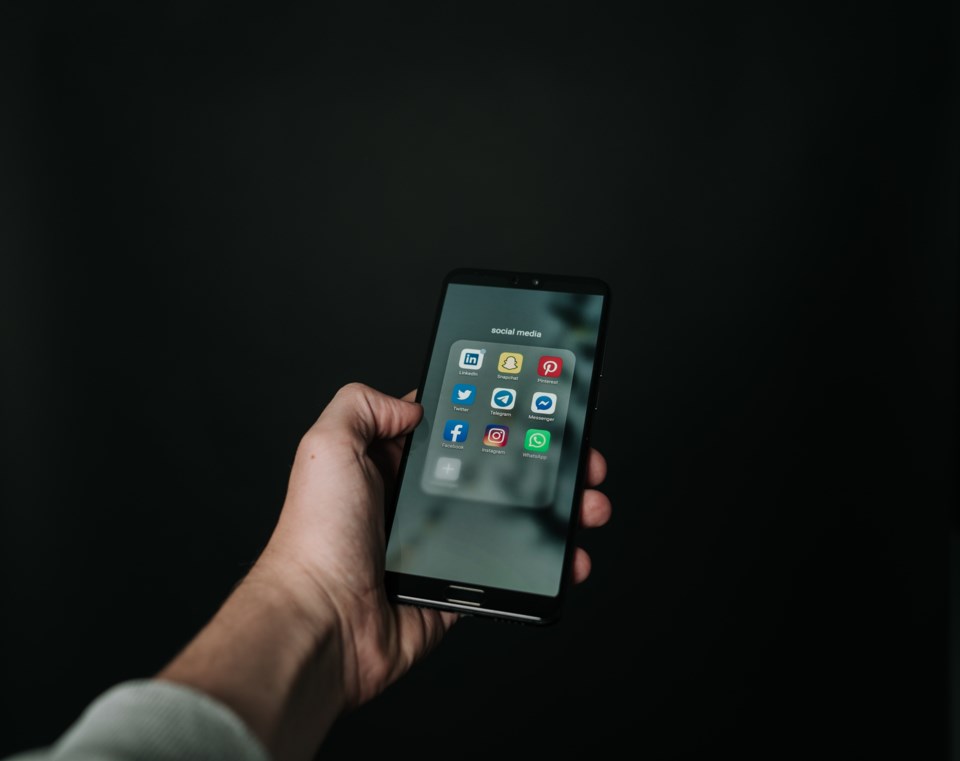I know what some of you might be thinking right now. "Seriously, dude? The last thing we need are more paid subscriptions!"
Fair enough.
Others could have read my headline and said: "We don't want to make the likes of Mark Zuckerberg and Elon Musk any richer."
Understandable.
Still others might be asserting: "I hate this idea. Freedom of expression is important!"
Yes, however: freedom of expression does not and should not translate to freedom from consequences. Today's social media platforms provide hordes of ignorant, nefarious and two-faced individuals with the latter.
Consider all the trolls hiding behind anonymous burner accounts as they sling vitriol at underperforming athletes, specific visible minorities and/or their own classmates. Now think about the duplicitous influencers who warp facts to drive their own agendas. Don't forget criminals who scam innocent people or those who fill the internet with garbage-proliferating bots.
Should these bottom-feeders be allowed to commit their reprehensible deeds free of charge? I, for one, don't think so, and that's why we ought to look at the potential upside of mandating user fees.
The idea of paying to use social media isn't unheard of. Snapchat, X (formerly Twitter) and Meta (i.e. both Facebook and Instagram) have all rolled out some kind of fee-based tier within the last two years. Out of this group, Snapchat Plus is the cheapest option at US$3.99 per month, while Meta Verified costs $11.99 to $14.99 monthly depending on whether you subscribe from the web or the app.
These services have been marketed with the ostensible purpose of reducing misinformation and identity theft. Zuckerberg, for example, describes Meta Verified as "a subscription service that lets you verify your account with a government ID, get a blue badge, get extra impersonation protection against accounts claiming to be you, and get direct access to customer support." It's a vital goal to strive for—though we'd be foolish to regard tech corporations as altruistic.
In any case, Harvard Business Review ran a survey in 2023 to find that, on a scale from one to 10 (one being the low end), average user expectations for the quality of these paid platforms land around 7.25 to 7.38. Perhaps the concept isn't repulsive to all, though it definitely has detractors.
Civilizing cyberspace (or at least trying to)
Regardless, the Internet has been like the Wild West for decades. That's bad.
The Pew Research Center reports that 46 per cent of American youth aged 13 to 17 have experienced cyberbullying in one or more of these forms: offensive name-calling, propagation of false rumours, receiving unsolicited explicit images, constantly being asked their whereabouts and behaviour by someone other than a parent/guardian, physical threats, and having explicit images of themselves non-consensually distributed.
Moreover, the RCMP discovered that 31 per cent of Canadian teens admitted to being cyberbullied and that most victims know their tormentors.
These are some of society's more vulnerable members, to say nothing of the adults who (contrary to popular belief) can also be deeply hurt by targeted online hostility. Social media is a key weapon used in these attacks because it is far too easily accessed.
Requiring all users to have credit cards on file would drastically lower the number of kids on these platforms without parental consent. It would also lower the financial incentive to run spam bots and introduce a much-needed hurdle to folks who may otherwise spew thoughtless and misleading rhetoric online.
Even if we table the most heinous uses of social media for now, we should realize they're not consumer-friendly or healthy. Our feeds are full of intrusive ads and algorithmic drivel from pages we do not and would not follow. Subscription fees could (in theory) get companies to back off these trends and deliver a cleaner, more personalized experience.
Having said all that, I don't intend to convey some form of moral panic when it comes to social media. It's a tool, and like any tool it may be used productively or destructively.
I myself appreciate Facebook and Instagram because they let me talk to friends and keep up with my interests (like pro sports). Yet I would, to a reasonable extent, consider paying a fee to use these services if it meant mitigating the amount of toxicity in cyberspace.




